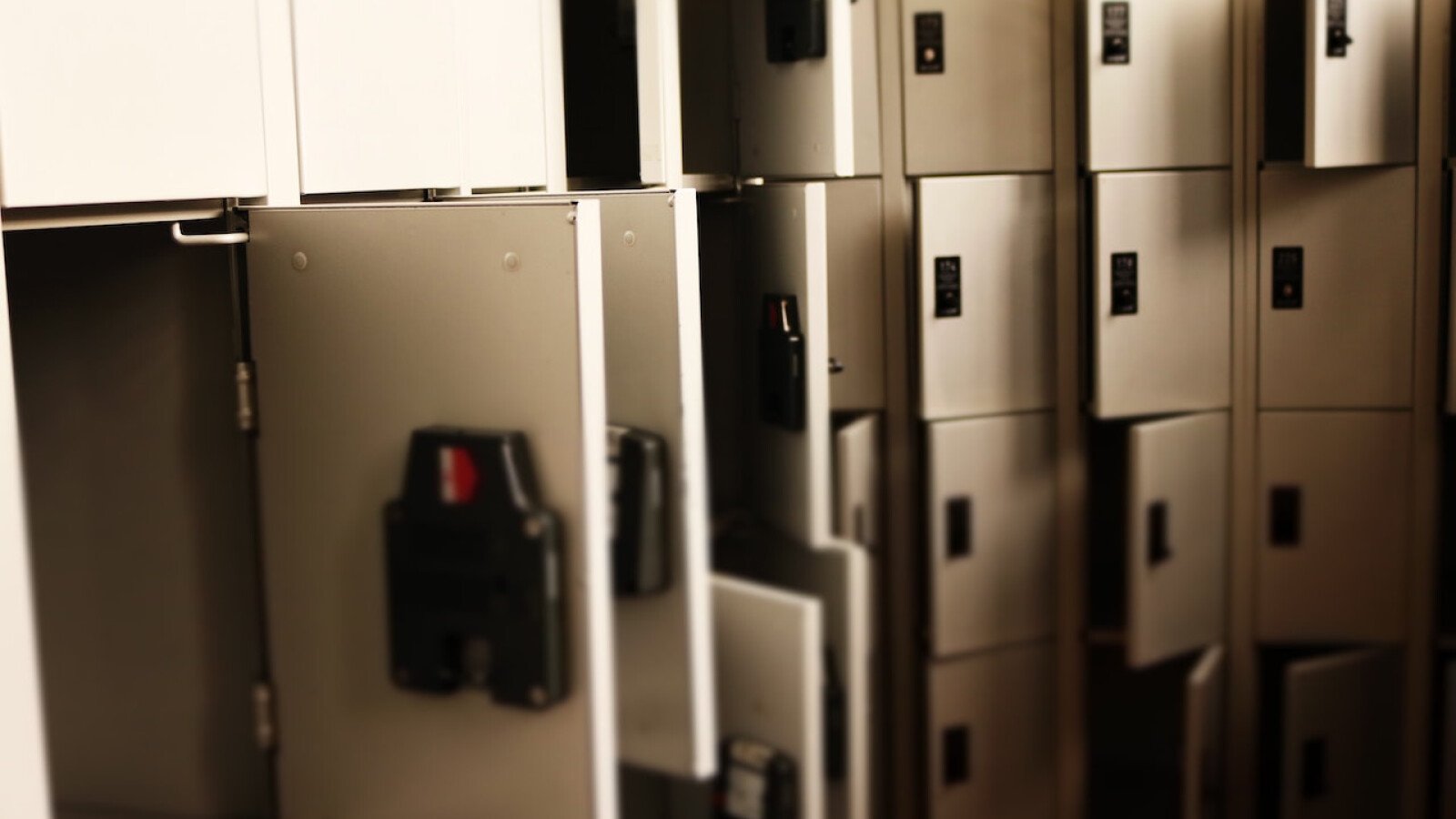-
Applications
-
Product families
-
About Bruynzeel
-
Highlights
News
Where does the modern office worker keep things?
20-01-2022
You may claim one place where you can store your personal items under lock and key – your own locker. You can of course leave personal items at home. Everything else in the office belongs to the employer. Personal items that are physical in nature (coat, motorcycle helmet, bag, etc.) or valuable articles such as a smart phone, jewellery) can be stored in your locker under lock and key.
The Boss is the Boss
Everyone working in an office is paid to produce information. If the information you produce can only be accessed when you are present in the office in person, you are not working correctly. In a modern office, nearly everything is stored digitally in such a way that people can access information – if necessary after being authorised to do so. In an efficient modern office, all incoming post is scanned on arrival and forwarded to the respective person or group of people. Hard copy post remains in the reception area awaiting collection. Employees are informed by text message that post has arrived for them. The starting point of all this is that all information must be operationally available to the company.
Wiki Knowledge Bank
There is a good reason why the introduction of a WIKI for all company data is becoming increasingly popular these days. This can of course be implemented with an authorisation ladder, but at least you know where the information is. There are no winners in a WIKILEAKS scenario. These days, search engines for office use are so good that pretty much everything can be located. The result of this is that the need for physical storage space is declining all the time, although some financial/legal documents still have to be stored for a number of years.
Individual and Common Use
Everything that an individual uses obviously does not have to be stored on the expensive square metres of the office. The storage of physical documents can easily be centralised (as an inactive archive). You can simply keep digital versions of documents you need on your computer. In clusters, there are always a variety of documents ranging from tax/legal files, trade journals, works of reference to books and magazines read for leisure and subject matter for training courses that several people may want to use at the same time. The dynamic archive and company library were conceived to cater to this requirement. Here documents can be consulted and put back again. Make sure your office has a good storage system. Because they are practical, attractive, tailored to human sizes, space-saving and easily accessible, mobile cabinet units are an ideal solution in this respect. Electronics can help lend a helping hand. The retrieval time for chaotically stored information frequently costs hours on a monthly basis. This is why you should think in terms of ‘document return times’. 80% of expenditure on filing (in an office) consists of personnel costs. Storage has to be tied in with availability. It has to be embedded in the system together with simplicity and discipline. In short, a company has to be professional about storage. And that’s something that often has to be learnt, for example, from Bruynzeel. Good storage reduces costs. It’s that simple!